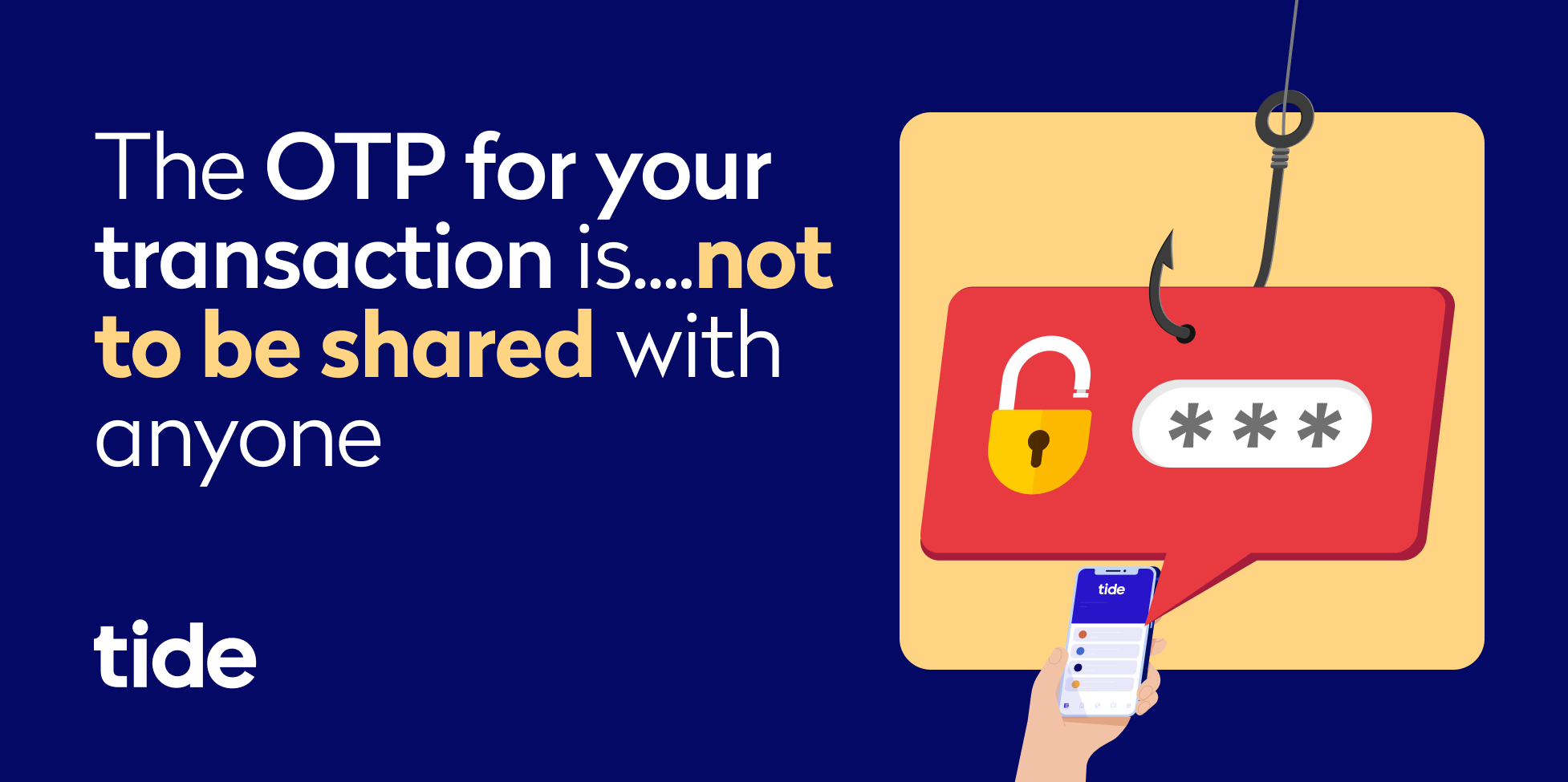
Safeguarding Your Finances: A Deep Dive into Financial Frauds in India

The payment landscape has undergone a 360 degree change where this volatile industry is constantly evolving. However, this evolution is supplemented by a baggage of risk. As the saying goes, “With great power comes great responsibility,” and this narrative fits perfectly in the world of digital payments.
The convenience of seamless transactions is undoubtedly empowering, but it also opens the door to a plethora of frauds.
As a prominent user in the digital age, one must not only be aware about the financial scams prevalent, but also proactively ensure to steer away from them.
THE CHALLENGES
Phishing Attacks
Imagine surfing the web, with utmost diligence and suddenly you receive an email or stumble upon a website that seems a bit too good to be true. Well, it might just be! Welcome to the world of phishing—the sneakiest trick in the cyber playbook
Cybercriminals often create fake websites or send deceptive emails to trick users into providing sensitive information such as login credentials or credit card details.
To add some veracity to the same, phishing attacks have increased 62 percent over the last year, according to the Securonix 2023 Threat Report. A notable statistic is how a typical organisation receives 5 highly personalised spear-phishing emails per day.
To avoid falling victim to phishing scams, always verify the authenticity of the website and be cautious about clicking on suspicious links.
Identity Theft
Criminals may use stolen personal information to make unauthorised transactions. This is where “identity theft” takes the center stage. The act of obtaining the personal or financial information of another person to use their identity to commit fraud, such as making unauthorised transactions or purchases forms the core of Identity theft.
A strong 30 % of consumers believe that they have been victims of identity fraud and 29 % of Indian consumers have fallen victim to their credit card details being stolen.
To navigate in this landscape with utmost caution, it becomes extremely essential to keep a close eye on your bank statements, regularly update passwords, and enable multi-factor authentication to add an extra layer of security to your accounts.
UPI Frauds
The simplicity and user-friendly nature of UPI have transformed the process of transferring money and conducting purchases. Within the online landscape, UPI QR code scams stand out as a common ploy used by fraudsters. Scammers indulge in sending enticing messages and QR codes, promising rewards or cash—a strategy that appears simple at first glance. However, when engaging in online transactions, it’s crucial to stay vigilant and double check the deducted amount to ensure security and accuracy.
According to government data, there were 84,000 cases of UPI fraud in 2021-22, and in 2020-21, 77,000 such cases were recorded. According to the union finance ministry, more than 95,000 fraud cases of UPI transactions were recorded in the country in 2022-23. The cases nearly doubled in a year span.
KYC Fraud
KYC (Know Your Customer) fraud has become another avenue for deception. Scammers may employ fake verification processes, claiming to be legitimate entities seeking personal information. It’s crucial to approach KYC verifications with caution, ensuring that the requests are from authentic sources.
As per a report titled, “KYC risks in Lending”, 1 out of 14 applicants tried to deceive KYC checks and fraud detection systems done by banks. The attempts have been made by submitting someone else’s photo identity.
Avoiding KYC fraud starts by staying away from unsolicited calls, emails, or messages. These are often the first contact attempts by scammers pretending to be bank officials. If you find yourself answering such calls, resist the urge to disclose personal information for supposed “verification purposes” as requested by these fraudsters.
OTP Scams
Fraudsters employ various tactics to acquire OTPs, including deception and malware. They may impersonate trusted entities via phone calls, tricking individuals into disclosing their OTPs.
As per indianexpress.com, a 25-year-old lady who had lost Rs 3.63 lakh to cyber fraud revealed that the fraudster had called her on the phone while posing as a bank official.
In 2021, according to Statista, the state of Telangana in India had the highest number of banking frauds related to the One Time Password provision, with approximately 1,377 cases registered with the authorities. Overall, there were over two thousand cases of OTP frauds reported across the country that year.
To stay clear and secure from this recurring scam, it is advisable to exercise caution with SMS and email, refraining from clicking on unknown links or downloading attachments. Keep your banking apps updated from official stores, and ensure your smartphone’s operating system and applications are regularly updated for added security. Enable Two-Factor Authentication (2FA) for enhanced account protection.
A HIGH “TIDE” OF SECURITY AWAITS YOU
Tide: Setting Sail Towards Enhanced Security
At Tide, your financial security comes first, and second. The Tide Expense Card, offered in partnership with Transcorp International Ltd, operates as a Prepaid Payment Instrument (PPI) regulated by the Reserve Bank of India (RBI).
As with any financial product, security is a paramount concern, and Tide effectively adheres to the guidelines that ensure utmost security of your financial assets. Utilising advanced encryption techniques, data exchanged during transactions remains confidential and protected from unauthorised access. The card incorporates fraud monitoring systems, flagging any suspicious activity for review, and may employ two-factor authentication for added security. Additionally, users can manage their accounts securely through the online portal or mobile app, with options to quickly block the card if lost or stolen.
By addressing these concerns, Tide aims to provide users with a secure and reliable experience for managing their expenses while minimising the risk of unauthorised access or fraudulent transactions.





